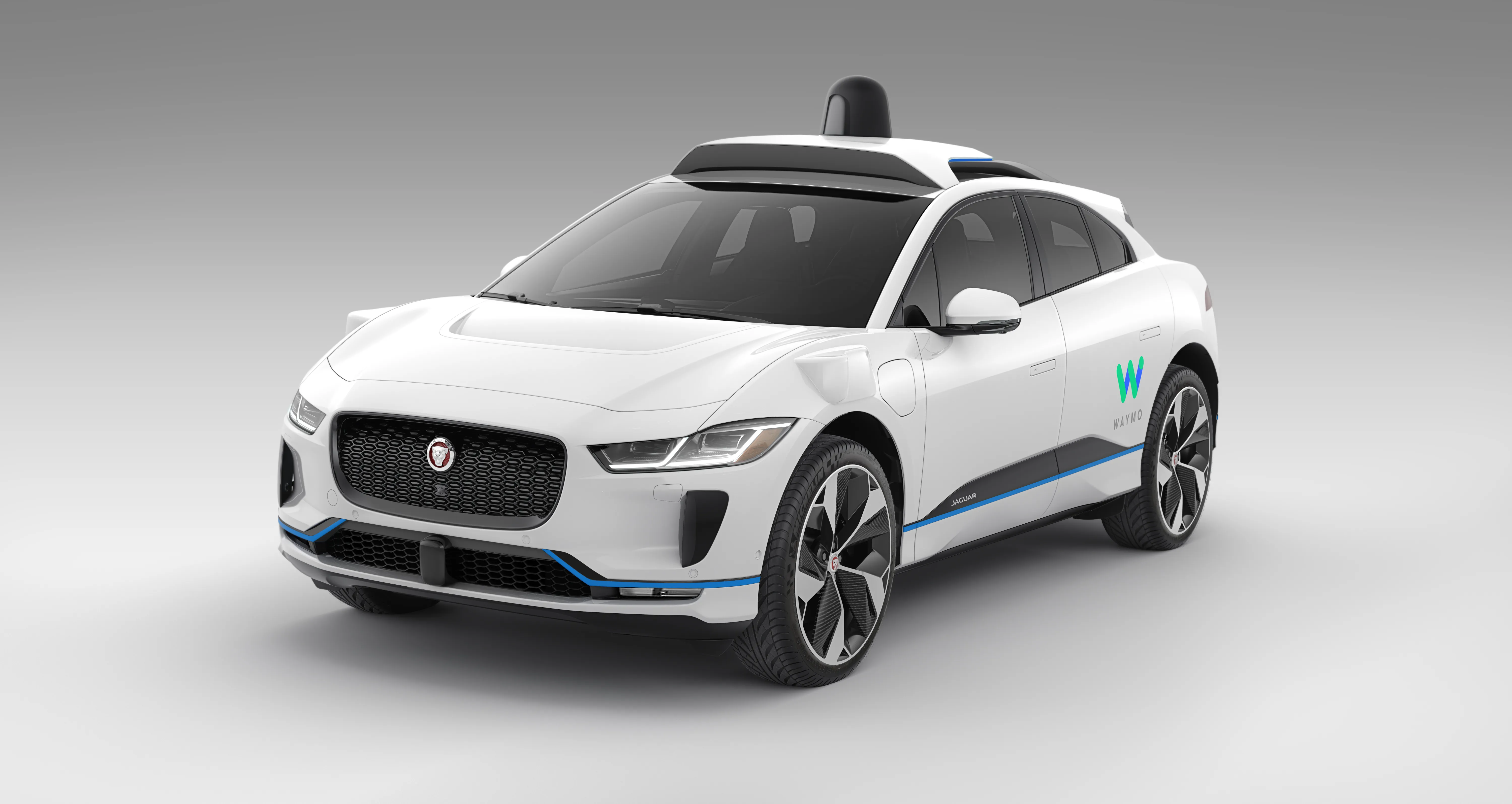Waymo is hoping the data will help researchers make advances in 2D and 3D perception and progress in areas such as domain adaptation and behaviour prediction.
The company says each segment of driving data captures 20 seconds of continuous driving, allowing researchers to develop models to track and predict the behaviour of other road users.
This dataset covers dense and suburban environments across Phoenix (Arizona), Kirkland (Washington) and San Francisco (California), capturing a range of driving conditions day and night.
According to Waymo, the dataset includes lidar frames and images with vehicles, pedestrians, cyclists and signage labelled, reaching 12 million 3D labels and 1.2 million 2D labels.
In response, Johan Herrlin, CEO at
“More and more we are looking to shared mobility services as economical and environmentally sound alternatives to private car travel,” he says. “Better MaaS ecosystems, including autonomous vehicles, will drive down private car ownership and have a significant impact on reducing congestion and pollution in city centres.”
“For these revolutionary trends to work, high-quality data – delivered in real time – must be at the fore whether in rural or urban locations. People will only change their travel habits if they can trust the information they receive, plan their journeys and have a good user experience. Otherwise, it all falls apart,” he concludes.
Waymo opens AV dataset to researchers
Waymo is making its Waymo Open Dataset for autonomous vehicles (AVs) available to the research community for free.
Waymo is hoping the data will help researchers make advances in 2D and 3D perception and progress in areas such as domain adaptation and behaviour prediction.
The company says each segment of driving data captures 20 seconds of continuous driving, allowing researchers to develop models to track and predict the behaviour of other road users.
This dataset covers dense and suburban environmen
September 3, 2019
Read time: 2 mins









